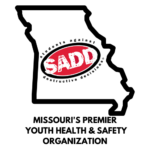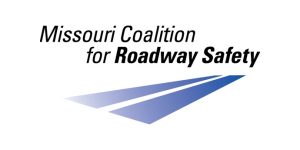Search Results for: SADD
Host a SADD Town Hall
saddtownhall
SADD Chapter Logo Request
Virtual SADD Chapter Registration
Missouri SADD Chapter Award of Distinction
Missouri SADD Supporter Award of Distinction
Missouri SADD Advisor Award of Distinction
Missouri SADD Member Award of Distinction Form
Missouri SADD-opoly Quarterly Report
- 1
- 2
- 3
- …
- 7
- Next Page »







